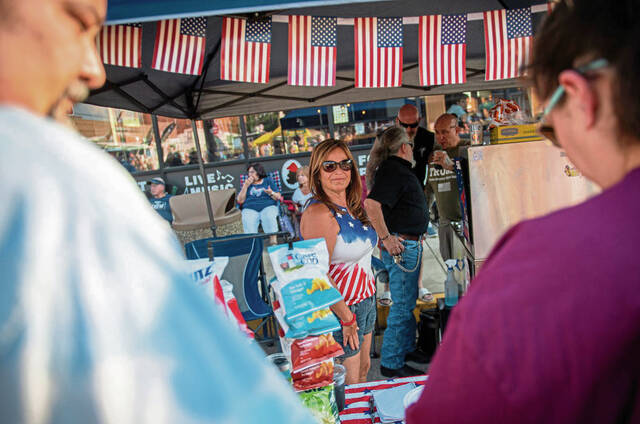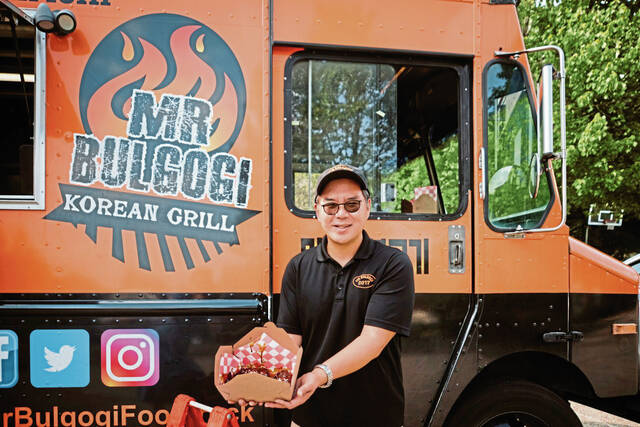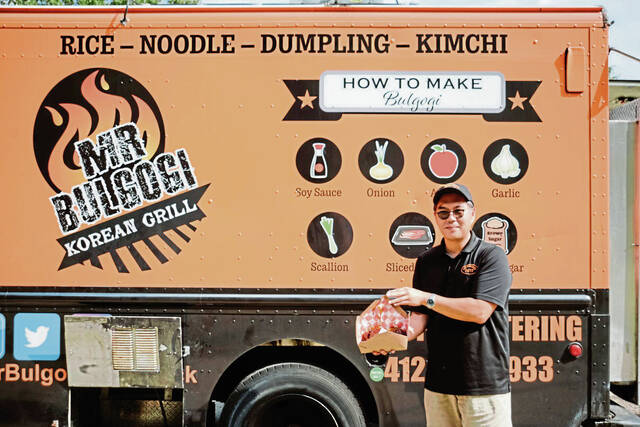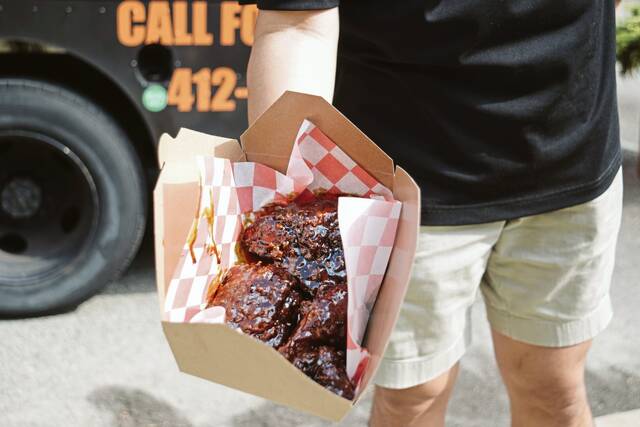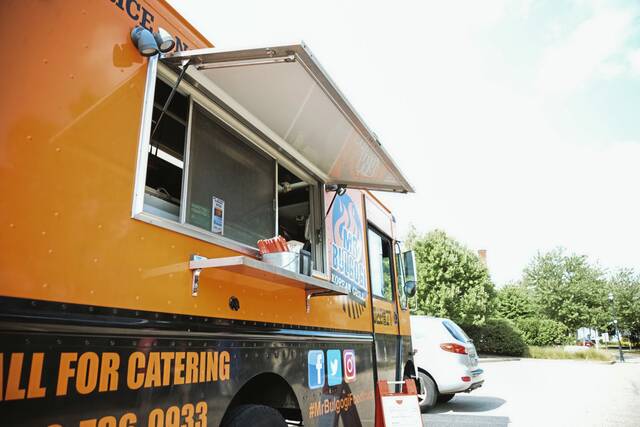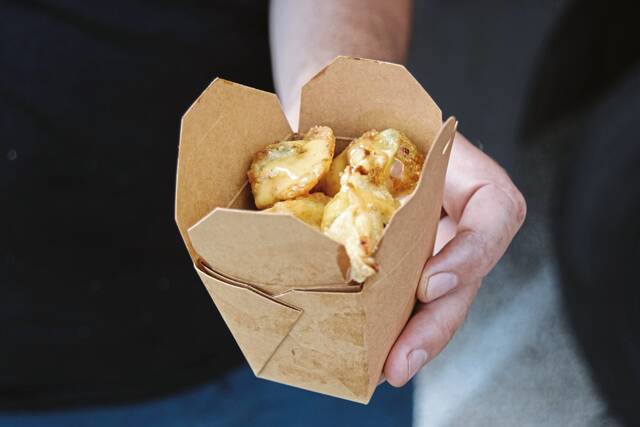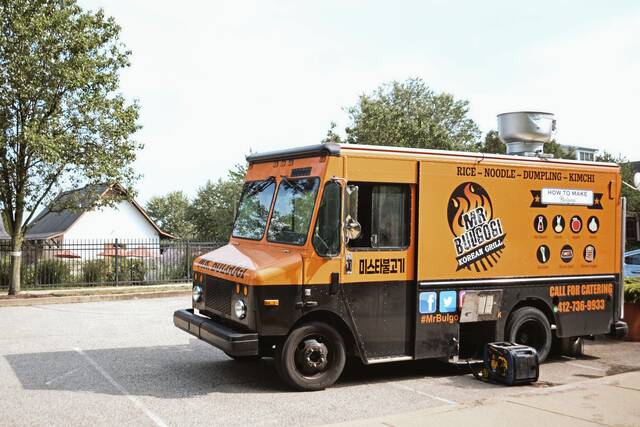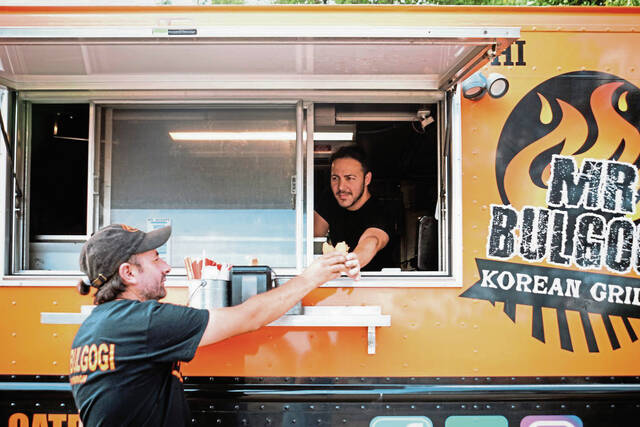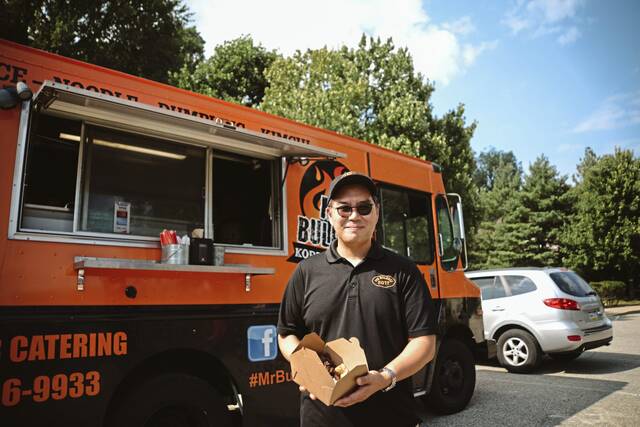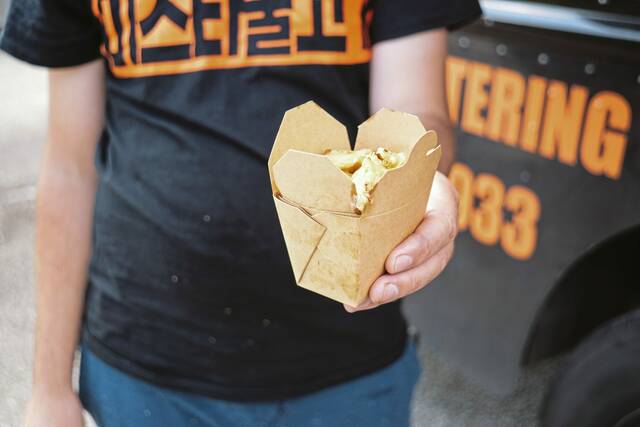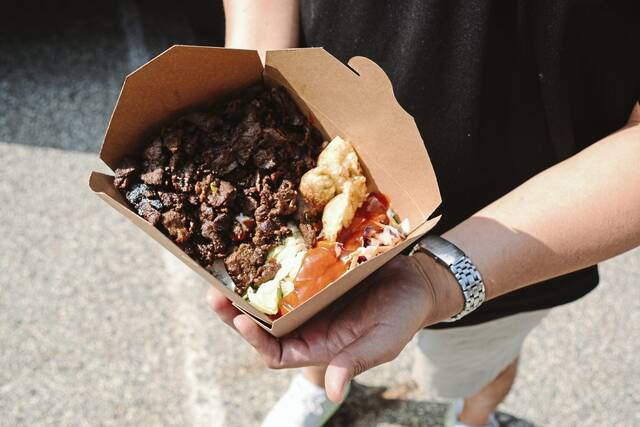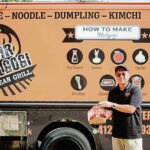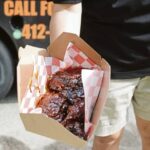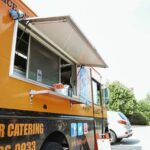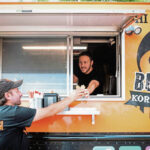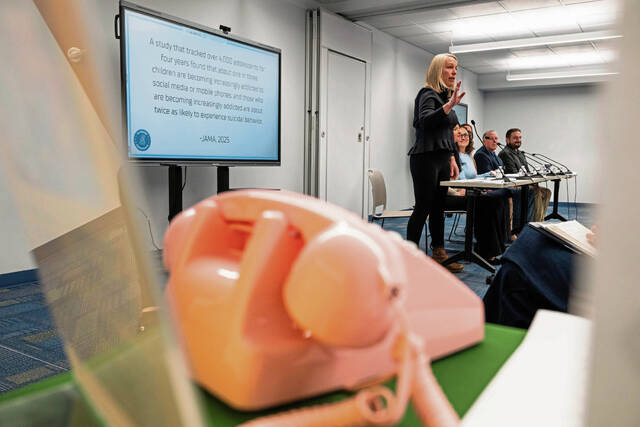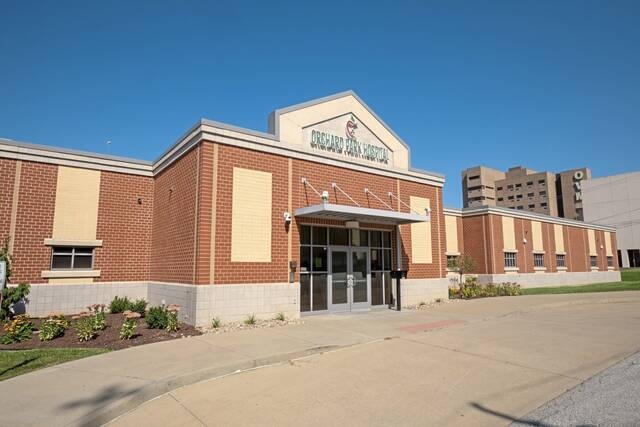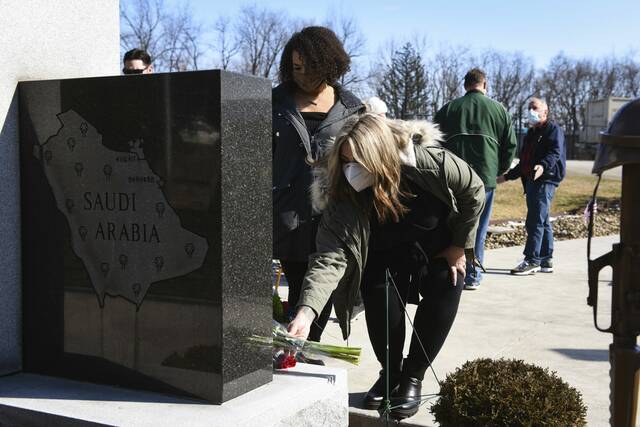Behind the sizzle and smoke are stories of breakdowns, bad weather and big hearts. Pittsburgh’s food truck scene is unpredictable, but full of flavor, grit and community.
Large, flammable kitchens on wheels are a hot commodity, growing in popularity each year. But, with the double whammy of car troubles and kitchen fiascoes, running a food truck is far from easy. Last-minute cancellations can leave clients pulling out their hair and with no alternative option for important events like a graduation party, shower or corporate lunch.
Not every food truck cancellation is innocent, according to Jeff Patterson, co-owner of P’s Bird Wagon of Huston, Washington County.
“I know of people, and they used to say book everything you can, and if you get something better, just cancel,” Patterson said.
Patterson refuses to cancel, even if a better gig shows up.
“You set it, you did it, you got to go,” he said. “People are counting on you. It’s a big failing. We can’t get a bad name in a small town.”
But when Patterson’s truck broke down on the way to a food truck event, he was forced to cancel.
“We got my truck towed to the event,” he said. “I said I have to call and say that we’re here. I didn’t want them to think we lied and didn’t show up.”
Jae Park, owner of Mr. Bulgogi, said he’s had to cancel about 10 events. On one of his worst nights, Park slept in the back seat on the side of the road waiting for a tow truck to come. He said it’s difficult to find tow services willing to tow his huge food truck.
But he has since bought a new truck and found a reliable mechanic, making his business run more smoothly.
Ryan Flanigan of Mt. Lebanon organizes food truck gatherings for his Highland Terrace neighborhood. On June 27, his wife, Amber Brothag Flanigan, alerted the Facebook group that the food truck had canceled.
During his three years organizing the food trucks, Flanigan has had only two cancellations.
“A cook got sick and they were understaffed and afraid of spreading it,” he said. “The other time, the power went out in their fridge and the food couldn’t be served. As far as I know, they were legit excuses.”
Both times, the food trucks rescheduled. Flanigan views cancellations as a “negative one-off.”
Matt Joseph, owner of Devout Brewing in Export, has been working with food trucks since his brewery opened in December 2018. By that point, food trucks were pretty popular.
“We were hopping on that trend,” Joseph said.
He contends, however, that it can be difficult to work with food trucks.
“The biggest downside is putting a restaurant on wheels,” he said. “The most common reason a truck has to cancel is because its truck breaks down.”
One food truck, which he preferred not to name, wanted to increase its commitment to once a month. Joseph tried to explain that a lower time commitment would be a better fit. He told the truck he just didn’t think their food was “that popular.”
But the truck insisted, and sure enough, after a few bum weeks, the food truck canceled all their dates for that calendar year, putting Joseph in a tricky situation. He tries to avoid last-minute cancellations by being up front and honest with food truck owners. He knows some might jump ship if a better offer comes up, so he figures it’s better to be up front from the beginning.
“Just be honest,” he said. “If you have an event you can’t turn down, just let me know. I won’t be mad. Just let me know in advance. I’m a business and you’re a business. I don’t want a last-minute cancellation, and I don’t want to be lied to.”
Food trucks are a rising trend
Pennsylvania has 3,127 active mobile food facility permits within the Department of Agriculture’s jurisdiction. Region 4, which covers 10 counties in the southwest corner of the state, has 599 permits, according to Shannon Powers, Press Secretary for the PA Department of Agriculture.
However, not all retail food facilities fall under the department’s jurisdiction.
Kim Joyce, Chief Operating Officer at the Allegheny County Health Department, has observed a significant increase in the number of recorded mobile food units over the past seven years — from one permit in 2017 to 185 in 2024. In the first seven months of 2025, the department has already seen 110 renewed permits. At the same time last year, only 50 permits had been renewed.
“You keep waiting for it to hit this saturation point,” said Robin Savikas, special events coordinator for Allegheny County. “Because it is a unique experience, it doesn’t seem to be stopping or slowing down anytime soon.”
Robert DeLancey, supervisor for the Bureau of Food Safety and Laboratory Services for Lawrence, Butler, Armstrong, Indiana and Westmoreland counties, said there are 168 mobile food facilities in Westmoreland, more than there were five years ago. He cites their mobility and diversity.
“I think a change in attitude toward most customers is they’d rather try something new or ethnic,” he said.
A major challenge for mobile facilities is the feasibility of access.
“How easy is it for a client to buy it and carry it away to eat?” DeLancey asks.
Savikas works with 32 mobile food vendors for the summer concert series in South Park and Hartwood Acres and she’s seen a pretty good turnout.
“I think we’re pretty lucky,” she said. “There have been trucks breaking down, obviously. But, I have to say most of the vendors that we work with will move heaven and earth to get there.”
The summer concert series is a large event, so most food trucks know they are guaranteed a worthwhile amount of sales.
Savikas said food trucks have elevated the Allegheny County Summer Concert Series by creating a party and festival atmosphere.
“I was talking to one of the bands that’s coming that’s never played with us before and I made an off-handed comment about food trucks,” Savikas said.
The band member remarked that if food trucks were there, he knew it was going to be a fun night with a great turnout.
“I think if there’s a certain truck, it may sway someone’s decision to come that night,” Savikas said. “Our crowd at South Park and Hartwood, a lot of people come even if they don’t know who’s playing. Those are the people who are looking at what trucks will be there.”
Running a food truck isn’t easy
The most difficult part of working with food trucks is their vulnerability to poor weather, according to Savikas. If it’s hot, people don’t want to stand in line for food, and if it’s raining, people won’t come out at all.
“I have to give credit to those who are dedicated to their trucks,” she said. “It seems like a gamble. You have to respect it. But they do make a lot of people happy, I think that’s why a lot of people do it.”
Patterson couldn’t agree more. He said this summer has been brutal with either lots of rain or high temperatures.
“Sometimes it’s a crap shoot,” Patterson said. “But it’s nice to do it and meet people from the window.”
Park, owner of Mr. Bulgogi, also owns a brick-and-mortar restaurant, K-Town Snack Bar in Oakland. He said running the food truck is much more work.
“In a small space, it’s pretty busy,” he said. “It’s a war zone.”


